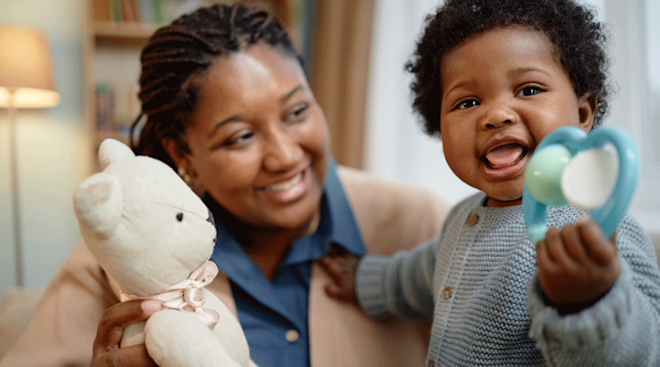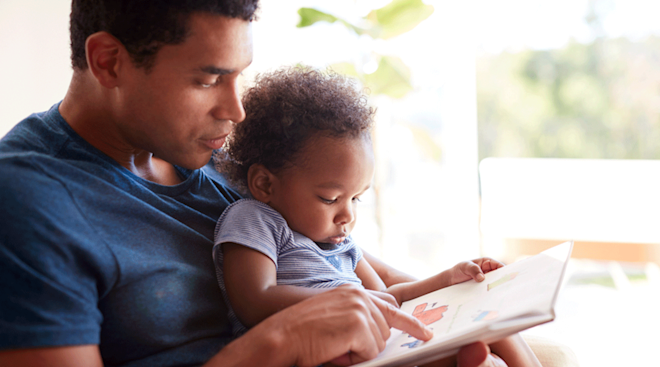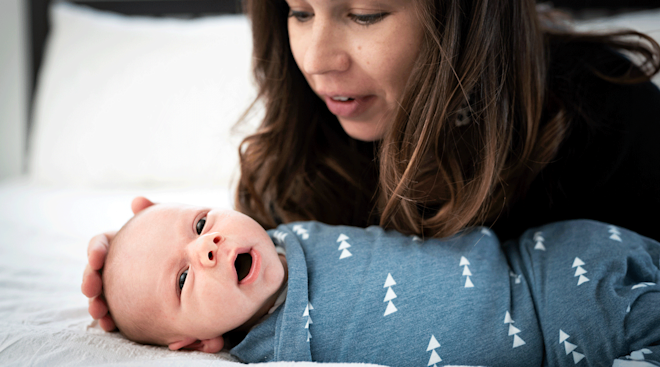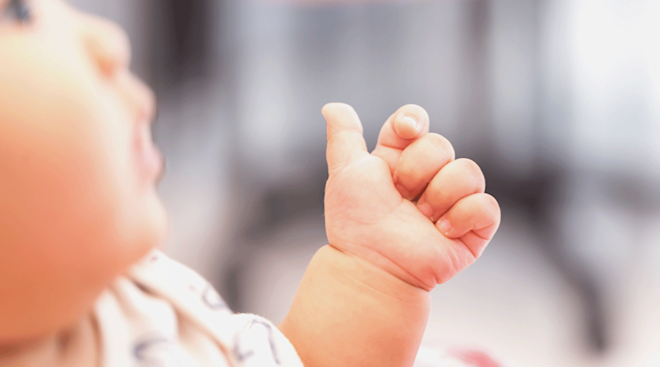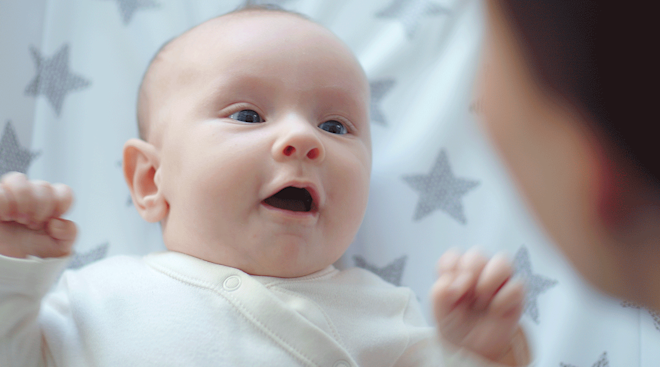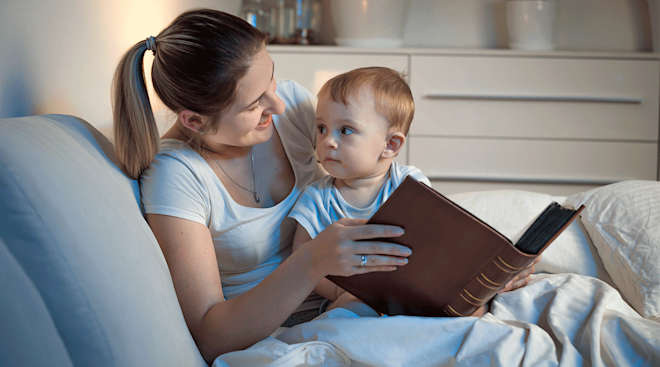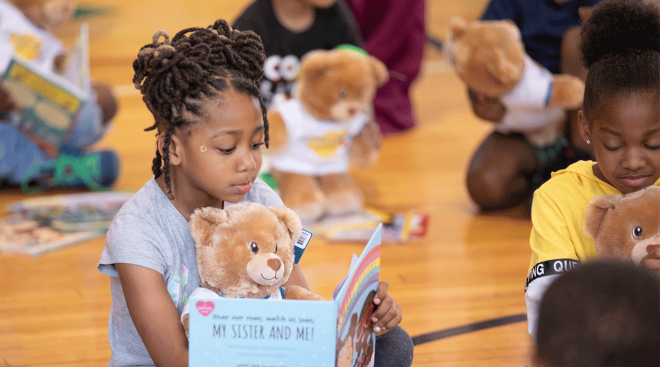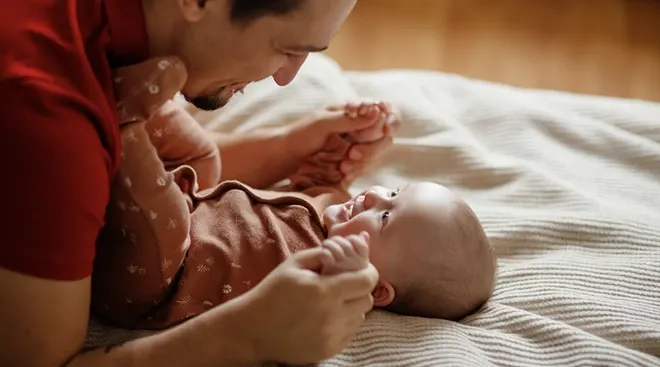Baby’s Babble Is a Sign of a Growing Brain and Strong Heart
Your baby’s first babble is more than a sweet milestone—it’s a sign of their tiny heart and body working together to support language development.
A new study published in the Proceedings of the National Academy of Sciences, by Jeremy I. Borjon, assistant professor of psychology at the University of Houston, uncovers the surprising connection between a baby’s vocalizations and their heart rate.
The research shows that the rhythmic fluctuations of the heart are closely tied to when and how babies produce sounds. “Heart rate naturally fluctuates in all mammals, steadily increasing then decreasing in a rhythmic pattern. It turns out infants were most likely to make a vocalization when their heart rate fluctuation had reached a local peak (maximum) or local trough (minimum),” Borjon explained in a statement released by the University of Houston.
The study involved observing 34 infants aged 18 to 27 months as they played with caregivers. Researchers measured a total of 2,708 vocalizations, ranging from coos to babbles. Borjon’s team found that sounds made at the heart rate’s peak lasted longer, while those made just before the trough were more likely to be recognized as words by listeners. According to Borjon, “Vocalizations produced just before the trough, while heart rate is decelerating, were more likely to be recognized as a word by a naïve listener.”
Why does this matter for parents? Understanding this connection between the heart and speech development underscores the importance of early vocalizations. “Every sound an infant makes helps their brain and body learn how to coordinate with each other, eventually leading to speech,” Borjon said. Speech isn’t just a cognitive milestone—it’s a motor skill that relies on precise coordination of muscles across the body, guided in part by heart rate fluctuations.
This research offers an exciting reminder of how impactful those early sounds can be. Engaging with your baby by talking, singing, and mimicking their sounds helps foster this vital coordination between their brain and body. It also opens the door to recognizing potential early signs of speech or communication delays. If you’re concerned about your baby’s vocalizations or developmental milestones, share these observations with your pediatrician—it could provide valuable insights into their growth in more ways than one.
Navigate forward to interact with the calendar and select a date. Press the question mark key to get the keyboard shortcuts for changing dates.


































